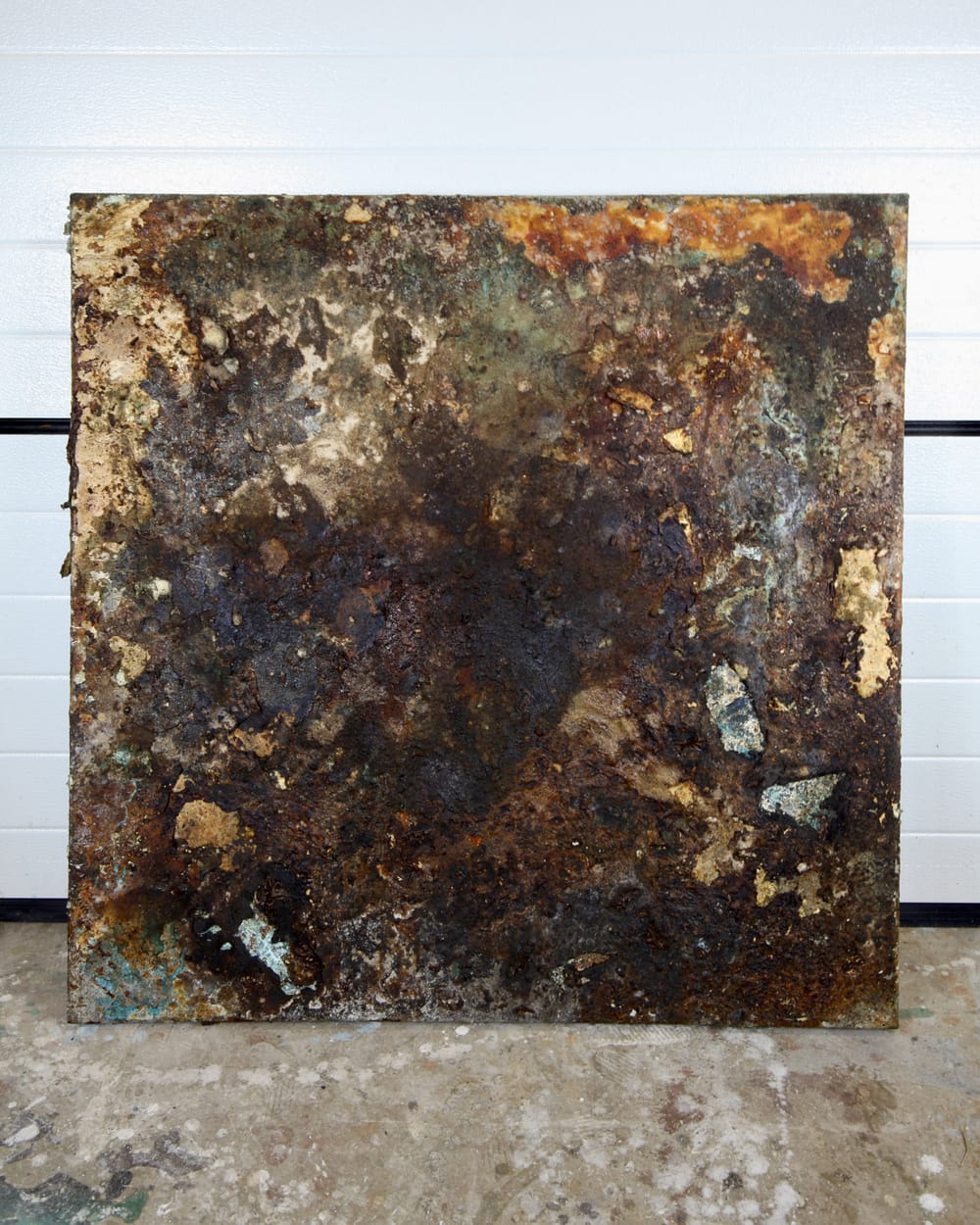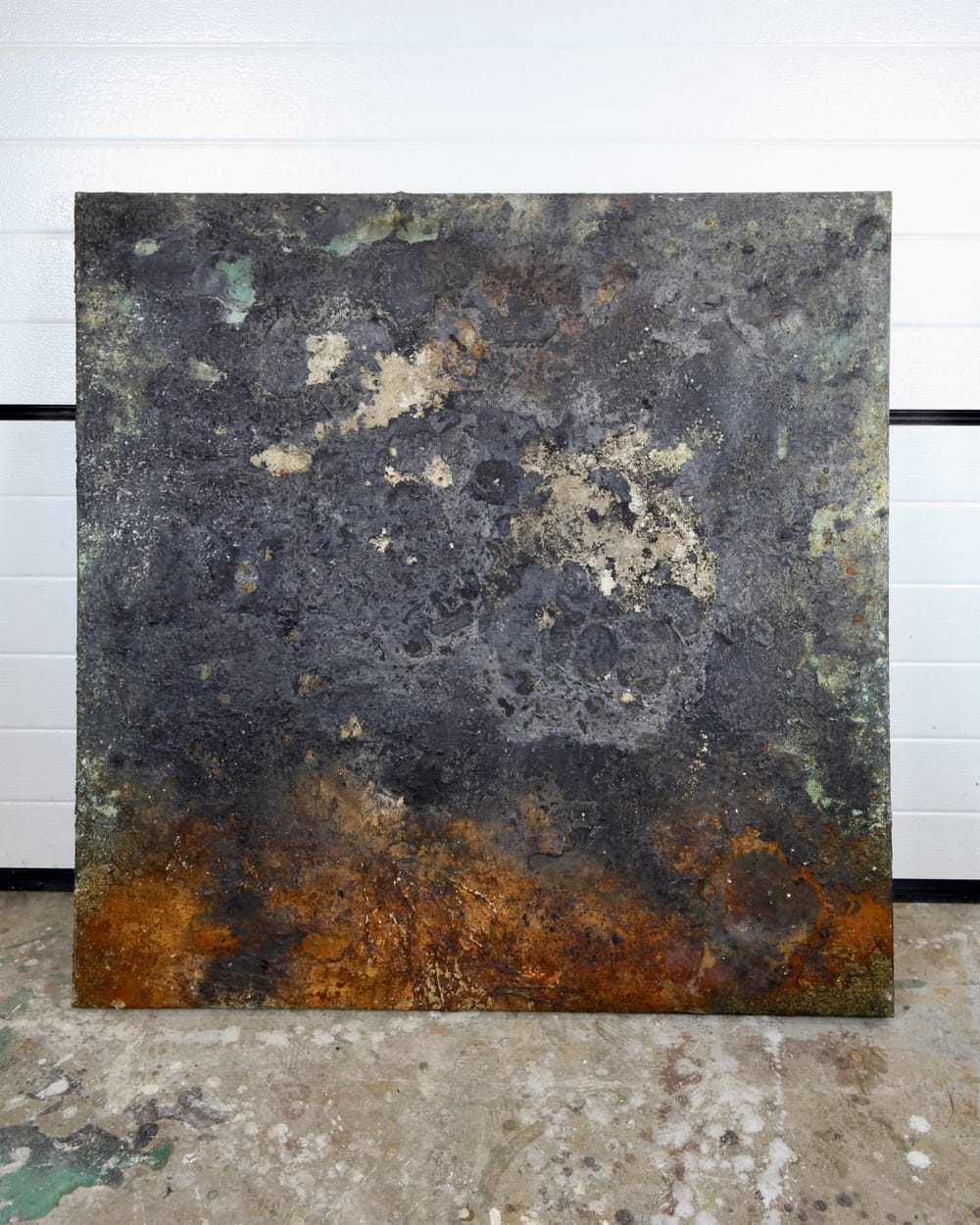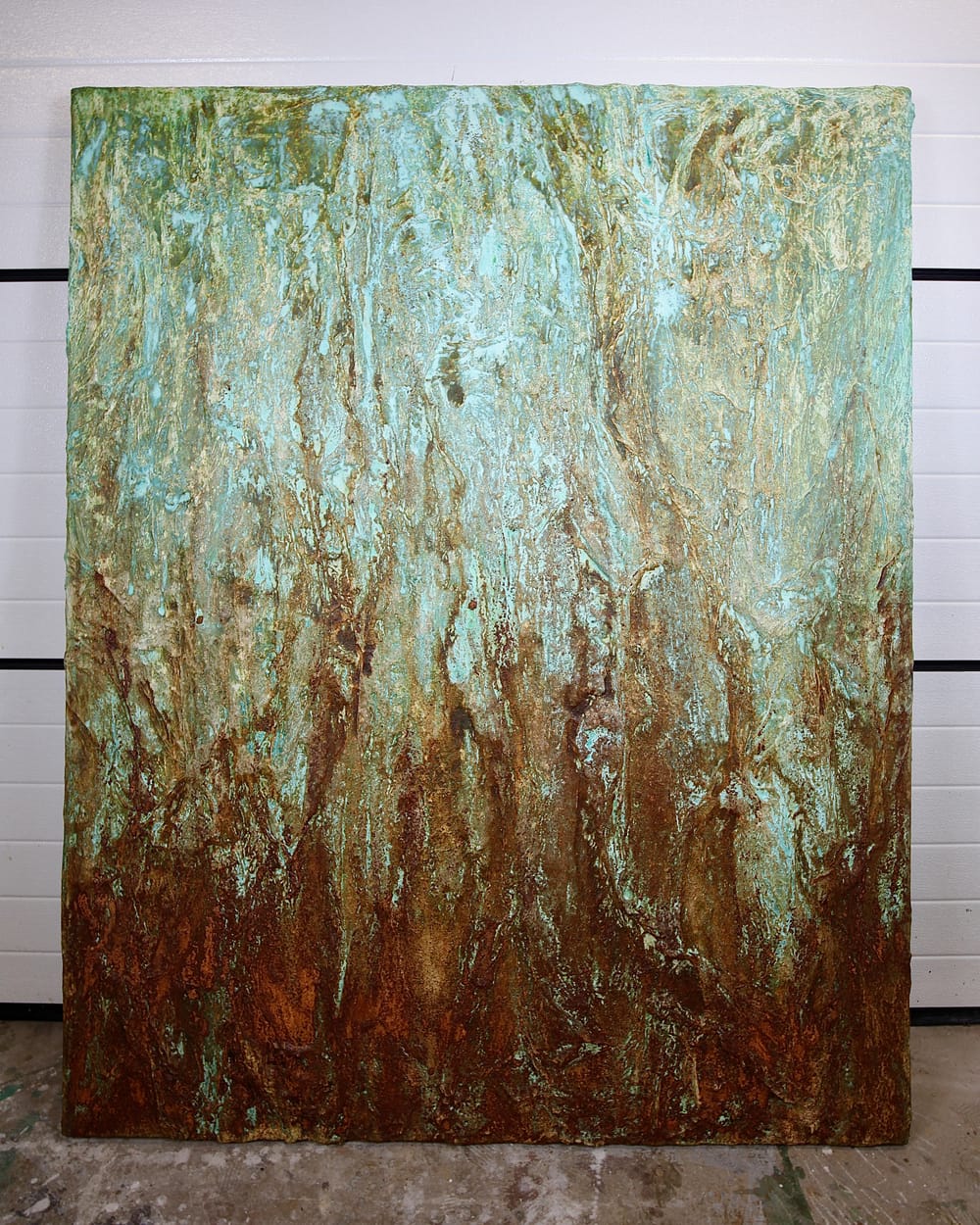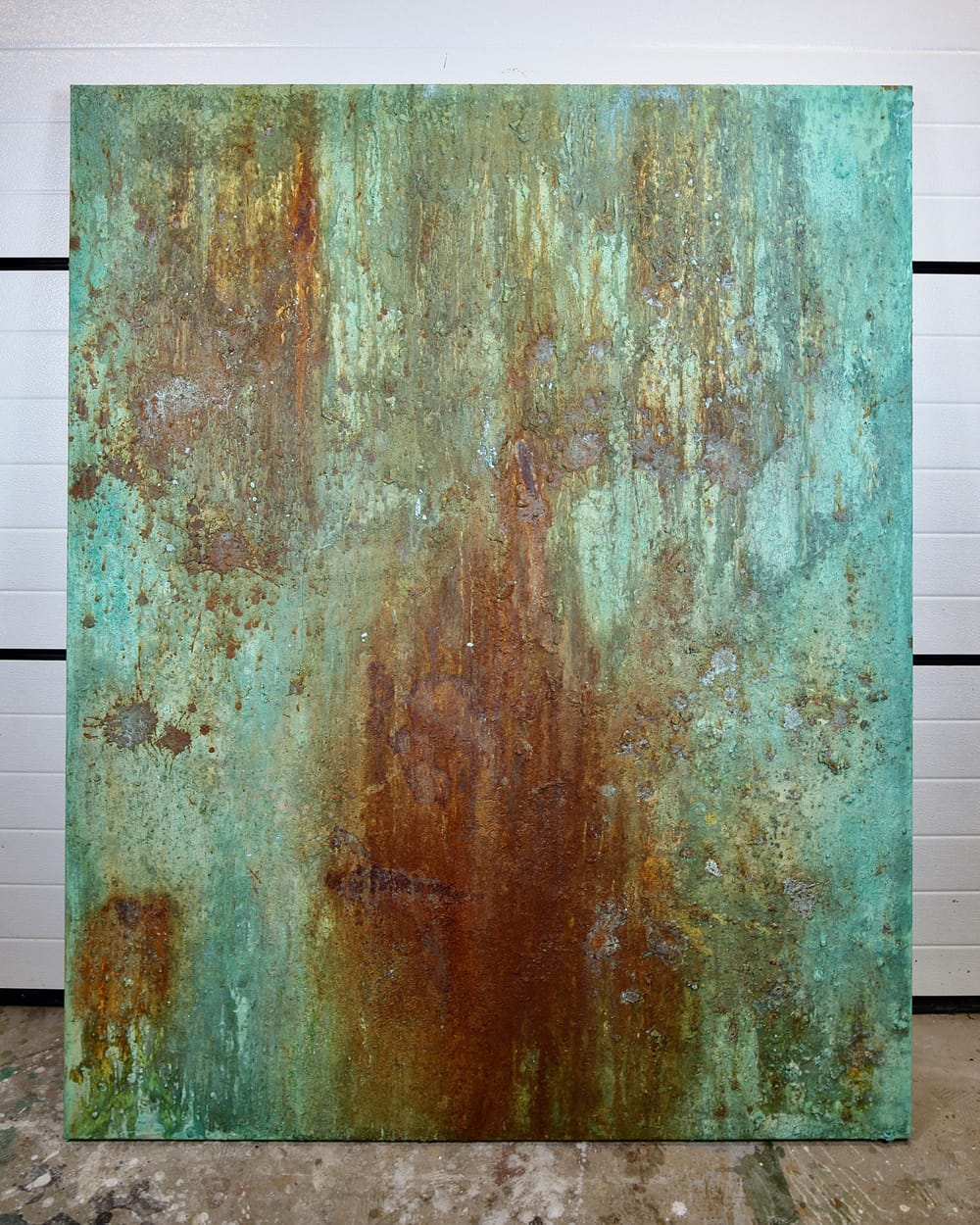The economy, stupid!
For the most part, it's the economy that dictates what is possible and what isn't. Money dictates market conditions, and money ultimately governs the vast majority of our choices.
None of us can spend money we don't have. If we don't have the money, we need to find financing if any given project is to get off the ground.
Money that empowers us to make intimate decisions in our own lives, and doesn't rely on a market abstraction that has gradually become completely detached from our everyday lives and the people and contexts that truly matter in our lives.
The state, however, can actually create its own money. At least in a country like Denmark, where we still have our own sovereign currency. In fact, a well-ordered, well-functioning society is the prerequisite for our currency to be usable and have any value at all.
Modern Monetary Theory—MMT—has in recent years formed the basis for a significant new perspective on money creation and public budget management.
I argue that what we need is a larger share of money that supports, rather than undermines, the work we as humans do for each other. Money that empowers us to make intimate decisions in our own lives, and doesn't rely on a market abstraction that has gradually become completely detached from our everyday lives and the people and contexts that truly matter in our lives.
In other words, collective credit rather than private debt.
State-issued money, put into circulation as ongoing financing of our welfare and infrastructure, represents literal IOUs, and as such expresses that the bearer has directly or indirectly done society and the common good a service. Regardless of how the money is subsequently traded and changes hands, it still represents a promise that society will one day repay the original service one-to-one.
In other words, this isn't money created to breed and accumulate, but money meant to keep things flowing, and goods and services changing hands and distributing broadly throughout society.
Where does money actually come from?
State-issued money can be channeled out via salaries to public employees and payments to public suppliers. Thus, it's not Basel requirements' rigid categories, but rather ordinary people's everyday dispositions that determine where and how the renewed purchasing power is distributed in the economy.
Rather than bricks and mortar and financial products, investments can just as well be made in local initiatives, entrepreneurship, and real quality of life. In fact, it also becomes easier through indirect means for everyone who dreams of getting their own place to do just that—even without risking losing their home or fearing being in debt for the rest of their life.
The state that, through its stability and guarantees, validates commercial banks' electronic money and gives it value in the first place, is the same state that writes up its own balance sheets.
The moment more of our money is initiated in society's service, more of our money will also act in society's service. Thus, fewer will need to toil to continuously pay off the banks' escalating share.
Let this be the answer, next time we talk about massive investments in welfare and green transition, and someone asks where the money will come from: Where does money actually come from?
The obvious answer is that what we know as money is either created as loans, through simple write-ups of private banks' balance sheets. Or it's money created in the public sector, through simple write-ups of the state's deposits in the National Bank.
The latter is not something we each incur as debt, but something we give to each other.
The state that, through its stability and guarantees, validates commercial banks' electronic money and gives it value in the first place, is the same state that writes up its own balance sheets.
Economic growth has been the criterion for success for many decades now. When we repeatedly emphasize the importance of creating growth and getting the wheels turning again, it's not because there isn't awareness of climate issues and green transition. However, since a large part of our money is created as interest-bearing debt, growth is absolutely necessary.
Our modern financial economy will always take the shape of a spiral, and if we are to have any possibility of paying yesterday's bill, it necessarily requires more money in circulation tomorrow. If growth in banks' interest-bearing loan financing continues, the only alternative to continued growth is an escalating meltdown.
State-issued, interest-free money is essentially different.
The market's beneficial mechanisms
We could choose to use a cliché and call it sustainable money. Partly because state-issued money doesn't necessarily require economic growth, partly because the money is green, insofar as its life path draws a cycle, not a spiral.
It's presumably a somewhat easier exercise to implement a modern, circular economy if the majority of money forming the basis of the economy is sustainable by nature. Sustainable money will actually make it possible to create a green economy with less redistribution and significantly less bureaucratic administration than we know today.
(...) historically we've also seen the greatest research breakthroughs when the state has chosen to allocate a certain percentage of common resources to free experimentation, and the administration has dared to relinquish control and let chance, creativity, and boldness prevail.
Many might consider state-issued money to be a left-wing project, but a money reform doesn't conflict with liberal core values either.
Initiated correctly, market mechanisms aren't always evil at all.
We humans are creative beings and create our own narratives. A strong civil society is a prerequisite for giving everyone opportunity; sustainable money is the guarantee that what we create is created with due respect for things and others beyond just ourselves.
Moreover, neoliberalism is certainly not a prerequisite for optimal value creation either. In modern Western financial economies, plenty of money is created without necessarily creating any form of value: Modern credit money is created based on financial growth potential, while it matters less whether anyone actually provides something to others, or whether there's even creation of (what we, for lack of a better term, might call) a real product.
Real value creation, on the other hand, happens best in community, when we each find our place in society where our productive potential can be realized optimally, and the value of what we can concretely contribute is determined by the benefit it provides to society as such.
Remarkably, as stated by Mariana Mazzucato, historically we've also seen the greatest research breakthroughs when the state has chosen to allocate a certain percentage of common resources to free experimentation, and the administration has dared to relinquish control and let chance, creativity, and boldness prevail.
What's more: The day when a not-so-large part of our money needs to earn interest, and we can bring children into the world knowing they are assured a secure future, it suddenly becomes okay to spend time and energy on things other than just maximizing wage income. It's okay to pursue the old entrepreneurial dream, and okay to scale back if you'd rather spend your time where it makes sense for your family and the local community you're part of.
Let's hold onto the fact that money is fundamentally nothing more than a gigantic fiction: a human-created narrative that sets the framework for our lives and organizes our society. We are free to rewrite our narrative so that money is no longer something I incur as debt, but something we give to each other.
State-issued, interest-free money, spent into the economy as payment for services and goods to the social apparatus, affects the incentive structure broadly in society for the better; a dream scenario, except for just one issue with finding money for startups and entrepreneurship. If the necessary financing of small projects and new businesses happens via banks that lend money they hold for others, it becomes possibly even more expensive to start up independently than we know it today.
Therefore, I don't think we should remove every possibility for banks to create credit out of nothing; just that it's absolutely necessary to limit and regulate the loan market.
If we combine a larger share of state-issued, interest-free money with, for example, low-interest loans for establishing one's own business, we will be able to maintain and develop the best from the free market economy; namely the enormous satisfaction that lies in being able to nurture one's own idea, follow it through, and ultimately succeed in creating one's own real livelihood.
Free and equal access to cheap startup financing is thus a must.
The money we give to each other
And why on earth—one might ask oneself—would banks then be willing to lend even a single risky crown at low interest? Surely no one would voluntarily take a risk without being correspondingly paid for the trouble? Least of all private banks, for whom risks and earning potential have always been proportional quantities?
To that, there's only to say that access to new money is really the most effective political tool—and that we as a society can rightfully choose to limit banks' free rein. The moment we decide that banks can only send new money into circulation as establishment loans, and otherwise are referred to earning interest on and working with the money the state (through the National Bank) puts into circulation, that's simply how it is.
The goal of monetary reform must, in popular terms, be to give each of us sovereignty in our own lives and recalibrate the economy so that values are no longer created at others' expense, but rather with a shared commitment to the future.
Of course, our money creation, which is so crucial for our social development and the distribution of our goods and resources, should be subject to political, parliamentary control.
—and call me a hopeless romantic all you want. It's my clear opinion that many of us would be significantly better served by remaining small and independent if we could make a living running our tiny businesses without necessarily needing to grow like hell. We would have a better and more pleasant everyday life, and be a hundred times more in tune with nature and society around us.
Who wouldn't also rather enjoy a hand-brewed pilsner at an old wooden table—somewhere where the host can actually be felt and has something at stake—than guzzle an industrial product that could have been brewed anywhere in the world, and is just as meaningless as the way it's served?
Passion means everything, and no one should be allowed to live without being given a realistic opportunity to break through.
For me, cheap, sustainable (apprenticeship) money is not only a progressive but also a conservative project, insofar as conservatives at heart want a society where everyone is allowed to think and act freely; a society where everyone to the greatest extent possible has the same opportunities, the same duties, and enjoys the same privileges.
The goal of monetary reform must, in popular terms, be to give each of us sovereignty in our own lives and recalibrate the economy so that values are no longer created at others' expense, but rather with a shared commitment to the future.
Call it erratic Marxism, or supplement the cheap establishment loans with sky-high taxes on fossil fuels—which God knows I'd like to see myself—and call it sustainable, green. The label we put on it is relatively subordinate, and rarely unambiguous anyway. What's essential in this context is that the prerequisite for fundamentally changing the economy is to change the foundation of the economy.
It can be demanding to comprehend what money really is, and to internalize how large a space of possibility we as a well-consolidated society with a sovereign, national currency really have.
I see it like this:
Money that doesn't absolutely have to earn interest will never pull the rug out from under anyone in the same way as bank money does. Just that alone will considerably ease the pressure on each of us. As many will be able to make do with less, and things that have previously been profitable suddenly will no longer pay off, the concept of work itself will also be transformed. Hopefully, it will never again be possible to meet one's societal obligations with either inherited privileges or capital gains created out of thin air.
Things and pursuits that for many years have been relegated to the hobby department will suddenly be able to support a livelihood, and we will potentially see a whole new wave of entrepreneurship, creative desire, and drive unfold.
Just as important as increasing the share of sustainable money—and we'll take it one more time for those in the back—is ensuring equal and broad access to cheap establishment loans that make it easy and less risky to start up independently.
At its core, it's about arranging an economy where value is something we create through real work and via healthy initiatives in the community's interest; not as leveraged debt or pure speculation. The ultimate goal is to rethink wage labor broadly, so that work is no longer something we perform in money's or our own isolated interest, but something we fundamentally engage in to create value for other people.
The means—the money we give to each other.








